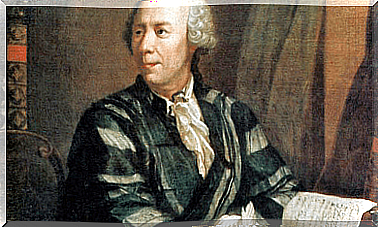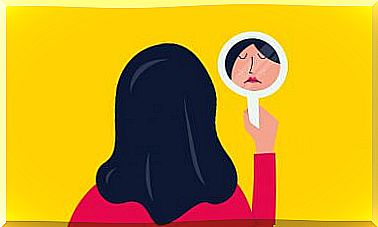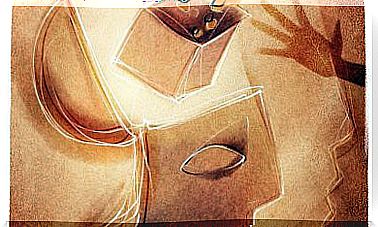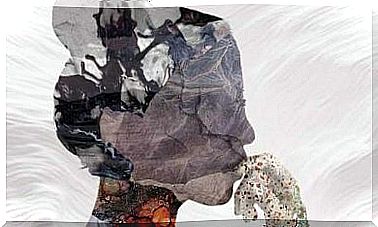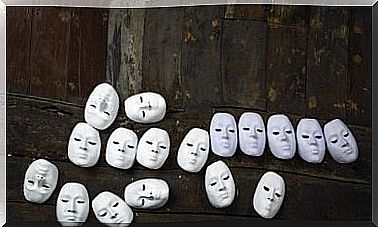Herodotus, Biography Of The First Historian And Anthropologist
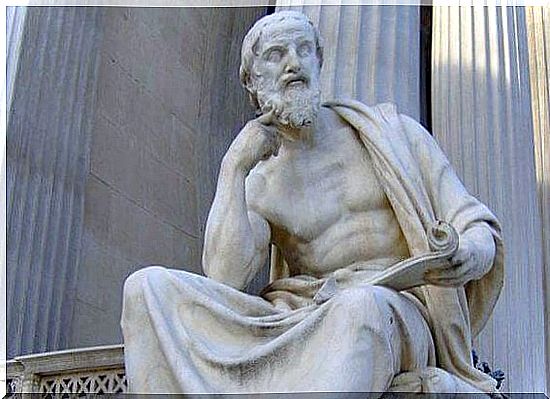
Herodotus of Halicarnassus was an ancient Greek historian and geographer, who lived between 484 and 425 BC. He is currently considered the father of historical discipline in the West. Some even consider that also anthropology.
He was the first historian to leave a reasoned and structured record of human events and actions. To do this, he used a wide variety of oral and written historical sources. As we see, Herodotus was ahead of his time. Let’s delve into its history.
Herodotus’ history class
The nine books of history is the work from which Herodotus presents for the first time what would be the historical discipline and had two objectives:
- Keep in memory the events lived by both the Greeks and the barbarians.
- Find and explain the causes of these events and the effects on the Greek and Persian peoples.
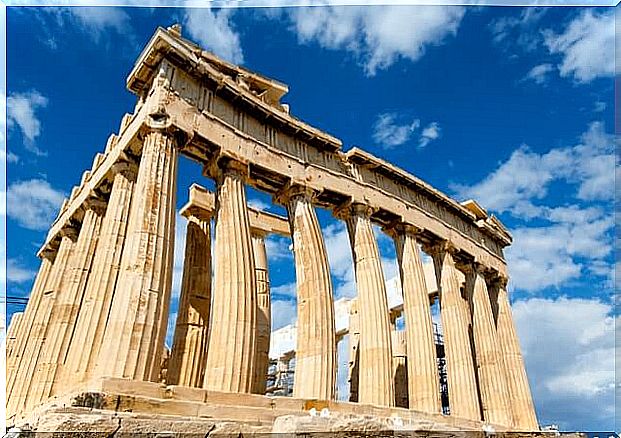
The events recorded by Herodotus were centered on the Medical Wars (492-478 BC). Conflict starring the Persian Empire and Greece, although, on occasions, it deviated from the main theme.
These events are captured in prose form and not in verse. Thus, although Homer, the narrator of the Iliad and the Odyssey , has a clear influence on Herodotus, he is moving away from his way of writing. However, certain characteristics remain, such as the third-person narration, the use of a formal and elevated language, and the commemoration of events and characters so that they do not fall into oblivion.
Another big difference between epic poetry and Herodotus’ historiography is the sources of information. While for Homer the muse was his main source of inspiration, Herodotus entered a process of gathering information. He had the objective of elaborating his narratives with continuity and a certain historical sense.
Herodotus, the traveling historian
Because of his great curiosity, Herodotus was a great traveler. Therefore, it was inevitable that he wrote down everything he saw and heard on his tours. This is clearly reflected in the method of collecting sources that he used to make his great historical work and which consisted of the following points:
- Search and collection of information about what could be seen directly. He used descriptions of the geographical aspects, of the most common customs of the towns visited and of their most surprising peculiarities.
- In the event that he could not collect the information directly, he used the oral testimonies of the natives of the places he visited.
- In addition, he drew on written sources produced by both epic poets and logographers.
Throughout his work, Herodotus explains how and where he got the information he uses to relate an event. In fact, he used to reflect the importance and difficulty of using various sources to make a historical account as true as possible. This use of direct sources, oral and written, is what makes Herodotus a landmark. In other words, it marks a before and after in historiographic production.
The nine books of history
His long work, The nine books of history , is divided into 9 volumes. Each one with its own themes, places and events:
- In the first book he exposes the possible causes of the Medical Wars. For this it deals mainly with the kingdom of Lydia in the time of King Croesus. This was the first aggressor and inciter of the conflicts between Greece and Persia, according to the historian.
- In the second book he tells us about Egypt and its great wonders. The author describes its relevant geographical features and the most notable Egyptian customs. It also summarizes the long history of the country.
- The third book exposes the causes that prompted the Persian Cambyses to attack Egypt in order to conquer it. It develops how was the military campaign and the personality of Cambyses and ends with his death and the accession to the throne of Dario I.
- The fourth book is made up of two large segments. The first is about Scythia (Central Asia region) and the second is about Libya.
- From the fifth book to the ninth, Herodotus focuses on the warlike conflict between Greeks and Persians in the Medical Wars. In the fifth it covers the advances of Persia against Greece, specifically in Macedonia and Thrace. Also, talk about the history, geography and culture of Sparta and Athens as they participate in the conflict.
- In the sixth book the expedition of Darío is approached, which concluded with a Greek victory in Marathon. Also, in the seventh book a series of dramatic battles is exposed, like the battle of Thermopylae. Finally, the eighth and ninth books deal with the battles of Salamis and Plataea, respectively.

The first historian and anthropologist
Due to the information gathering methods he used and his long historical work, Herodotus is considered by many modern historians as the father of the historical discipline. Thanks to the descriptions of the events that he experienced throughout his travels, we have records of one of the conflicts that marked a good part of ancient Europe and Asia. Descriptions that were supported by visual, oral and documentary references and not simply from the author’s imagination.
However, he is not only considered the first historian, but also the first anthropologist. This is due to the use of participant observation – a fundamental characteristic of what is now known as the ethnographic method – and to his great interest in the particular customs and traditions of non-Greek peoples.
